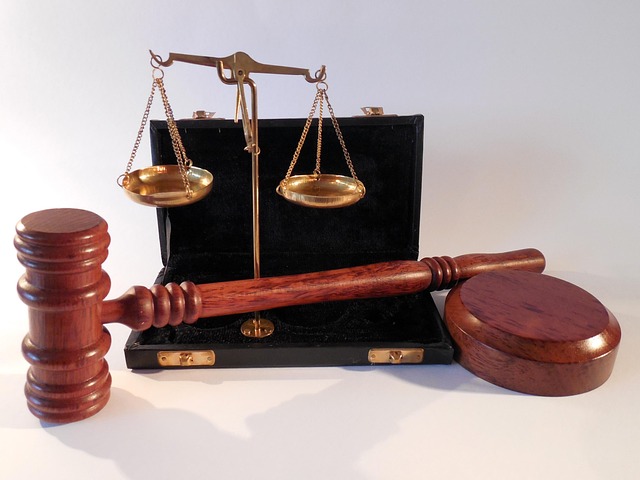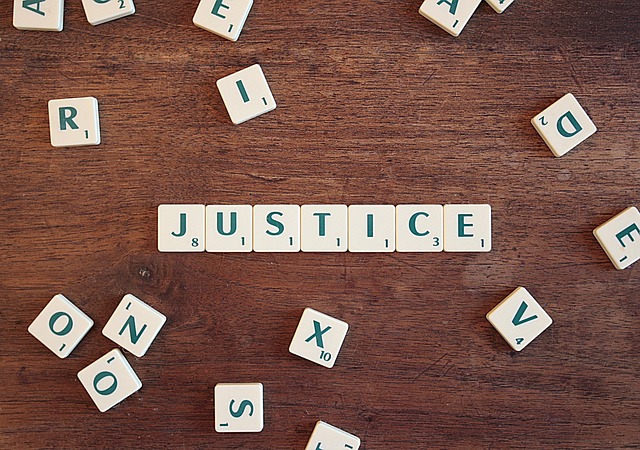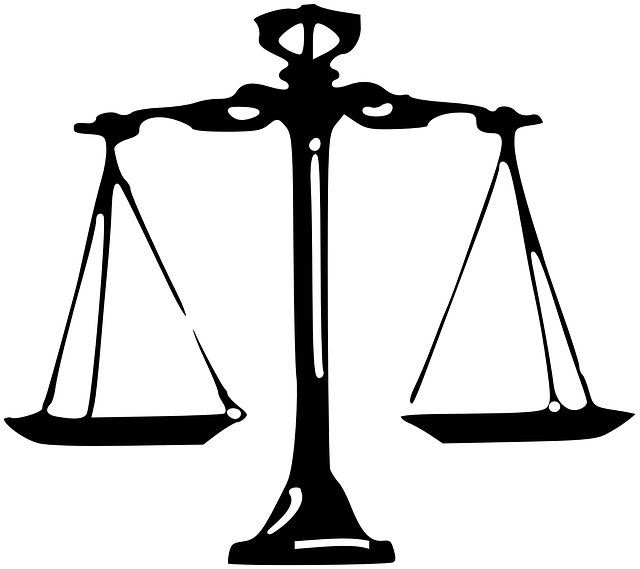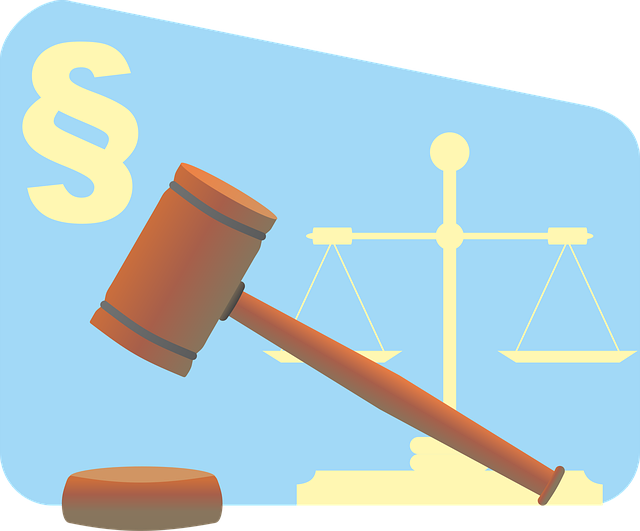Understanding consumer fraud cases is crucial for navigating complex criminal law. A Consumer Fraud Class Action Lawsuit Process offers a collective solution against misleading business practices, empowering consumers to seek justice and deter future fraudulent conduct. It starts with an investigation, followed by affected parties joining forces to file a lawsuit, aiming for substantial restitution and holding businesses accountable through strategic legal strategies and evidence presentation.
“Delve into the intricate world of criminal law cases, where understanding consumer fraud and class action lawsuits are key. This comprehensive guide unravels the legal process from initiation to resolution, offering insights into evidence collection, legal arguments, and strategic navigating.
Learn how to recognize consumer fraud, explore the benefits of class action lawsuits, and grasp the step-by-step process involved in criminal law disputes. From initial claims to final settlements, this article equips readers with valuable knowledge for effective case management.”
- Understanding Consumer Fraud Cases
- Initiating a Class Action Lawsuit
- The Legal Process Unfolded
- Evidence and Legal Arguments
- Resolving Criminal Law Disputes
Understanding Consumer Fraud Cases

Understanding Consumer Fraud Cases is a crucial step in navigating the complex landscape of criminal law. These cases, often involving white collar and economic crimes, can have significant impacts on individuals and businesses alike. When consumers are defrauded, it’s not just about financial loss; it’s about trust and fairness being violated. A Consumer Fraud Class Action Lawsuit Process offers a mechanism to address these issues collectively.
The process begins with identifying the respective business practices that mislead or deceive consumers. Through meticulous investigation, legal experts uncover the truth behind fraudulent schemes. Once established, affected parties come together to file a lawsuit, aiming to achieve extraordinary results. This collective action sends a strong message that such misconduct will not be tolerated, potentially deterring future consumer fraud and ensuring businesses uphold their ethical responsibilities.
Initiating a Class Action Lawsuit

A Consumer Fraud Class Action Lawsuit is a powerful tool to hold businesses accountable for widespread deceptive practices that harm numerous consumers. The process begins when a significant number of individuals have suffered similar losses due to an entity’s unethical or illegal actions, often involving white collar and economic crimes. These cases can range from fraudulent marketing tactics to misrepresented products or services, ensuring that wronged consumers receive justice and compensation.
Initiating such a lawsuit involves careful coordination among affected parties. Plaintiffs’ attorneys play a crucial role in aggregating claims, investigating the defendant’s conduct, and building a solid legal strategy. The goal is to avoid an indictment for the accused party while seeking winning challenging defense verdicts that provide significant restitution to victims. Through this collective action, consumers can effectively challenge powerful corporations, holding them accountable for their actions and potentially revolutionizing their business practices.
The Legal Process Unfolded

The legal process for a Consumer Fraud Class Action Lawsuit is a meticulous and strategic journey, often involving complex steps to achieve justice for affected consumers. It begins with an initial investigation where attorneys meticulously gather evidence of widespread fraudulent activities targeting a significant number of individuals. This crucial phase sets the stage for what could become a high-stakes case, especially when dealing with consumer protection issues on a grand scale.
As the process unfolds, plaintiffs’ lawyers carefully construct their argument, focusing on exposing the defendant’s misdeeds and demonstrating substantial financial harm to the class. The case may then advance to court hearings, where legal teams present their evidence, including expert witnesses and compelling data, to judge or jury trials. An unprecedented track record of successful outcomes in similar cases can significantly impact public perception and settlement negotiations, ultimately driving the resolution of these significant legal matters.
Evidence and Legal Arguments

In Criminal Law Cases, especially Consumer Fraud Class Action Lawsuits, evidence and legal arguments play a pivotal role in shaping the outcome. The process involves meticulous gathering and presentation of facts to prove or disprove allegations. In such cases, where multiple consumers have been allegedly defrauded by corporations, strong evidentiary support is crucial. This includes documentation, digital records, expert opinions, and witness testimonies that illustrate the extent and nature of the fraud. Legal arguments should be robust, focusing on existing laws and regulations pertaining to consumer protection, with a strategy to demonstrate how the defendant’s actions breach these norms.
The Consumer Fraud Class Action Lawsuit Process demands a thorough understanding of both state and federal laws. Attorneys representing corporate and individual clients must navigate complex legal landscapes to avoid indictment and secure favorable outcomes. Their unprecedented track record in similar cases can be a significant selling point, as it showcases their expertise and success in defending against such charges. By employing strategic evidence presentation and compelling legal arguments, defendants can effectively challenge the plaintiff’s case, ultimately aiming for a dismissal or settlement that minimizes damages and avoids criminal liability.
Resolving Criminal Law Disputes
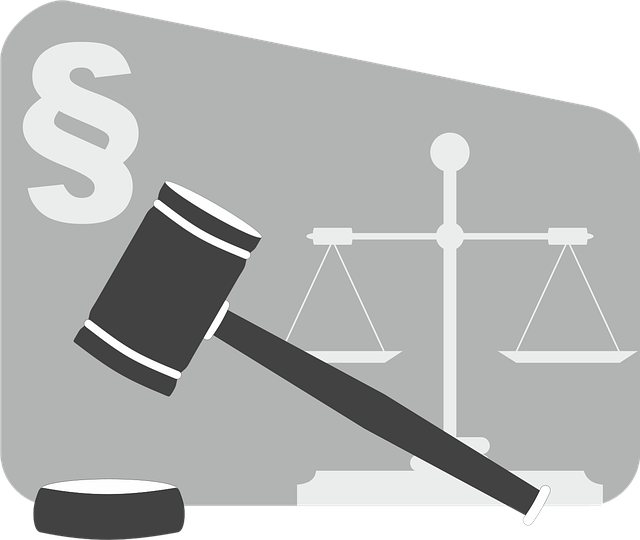
In resolving criminal law disputes, particularly those involving consumer fraud, a structured approach is essential. The process often begins with an investigation where evidence is gathered to prove or disprove allegations of fraudulent activities. This includes financial records, witness testimonies, and legal documents. Once sufficient evidence is secured, a Consumer Fraud Class Action Lawsuit Process is initiated, where a group of affected individuals unite their claims against the alleged perpetrator. This collective action increases the potential for significant compensation and serves as a powerful deterrent to future fraudulent behavior.
The success rate in these cases often hinges on the strength of the evidence and the skill of the legal team. An experienced attorney can navigate complex legal procedures, present compelling arguments, and build a winning challenging defense verdict. With an unprecedented track record, law firms are able to secure favorable outcomes for both corporate and individual clients, ensuring justice is served and financial losses are recovered.
In navigating criminal law cases, understanding consumer fraud and initiating a class action lawsuit is a complex yet crucial process. By delving into the legal framework, from evidence gathering to presenting arguments, individuals can seek justice and hold perpetrators accountable. The journey involves meticulous steps, ensuring a fair outcome for all involved. Remember that, in today’s digital age, staying informed about consumer rights and the latest legal developments is key to recognizing and resolving potential frauds effectively.


